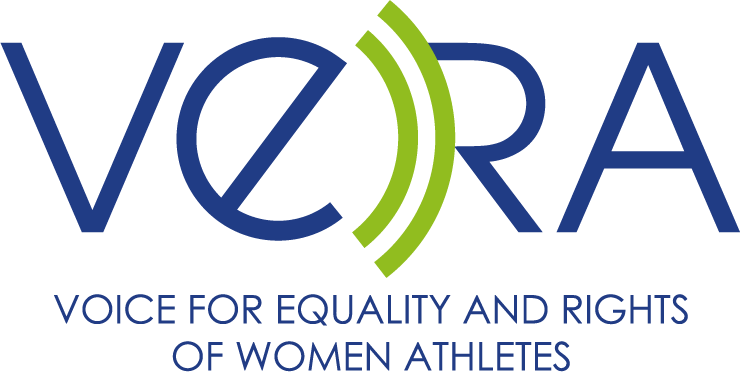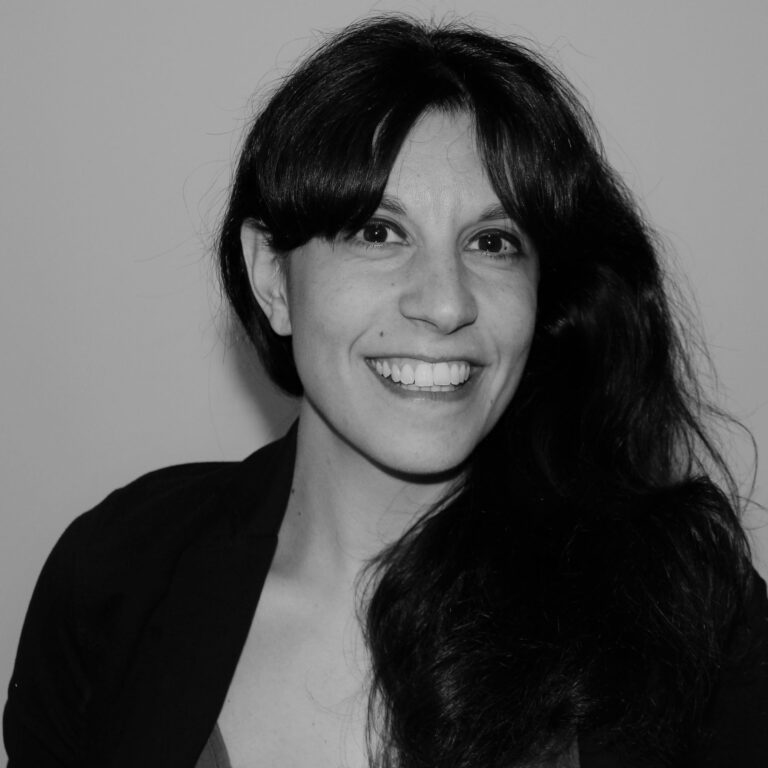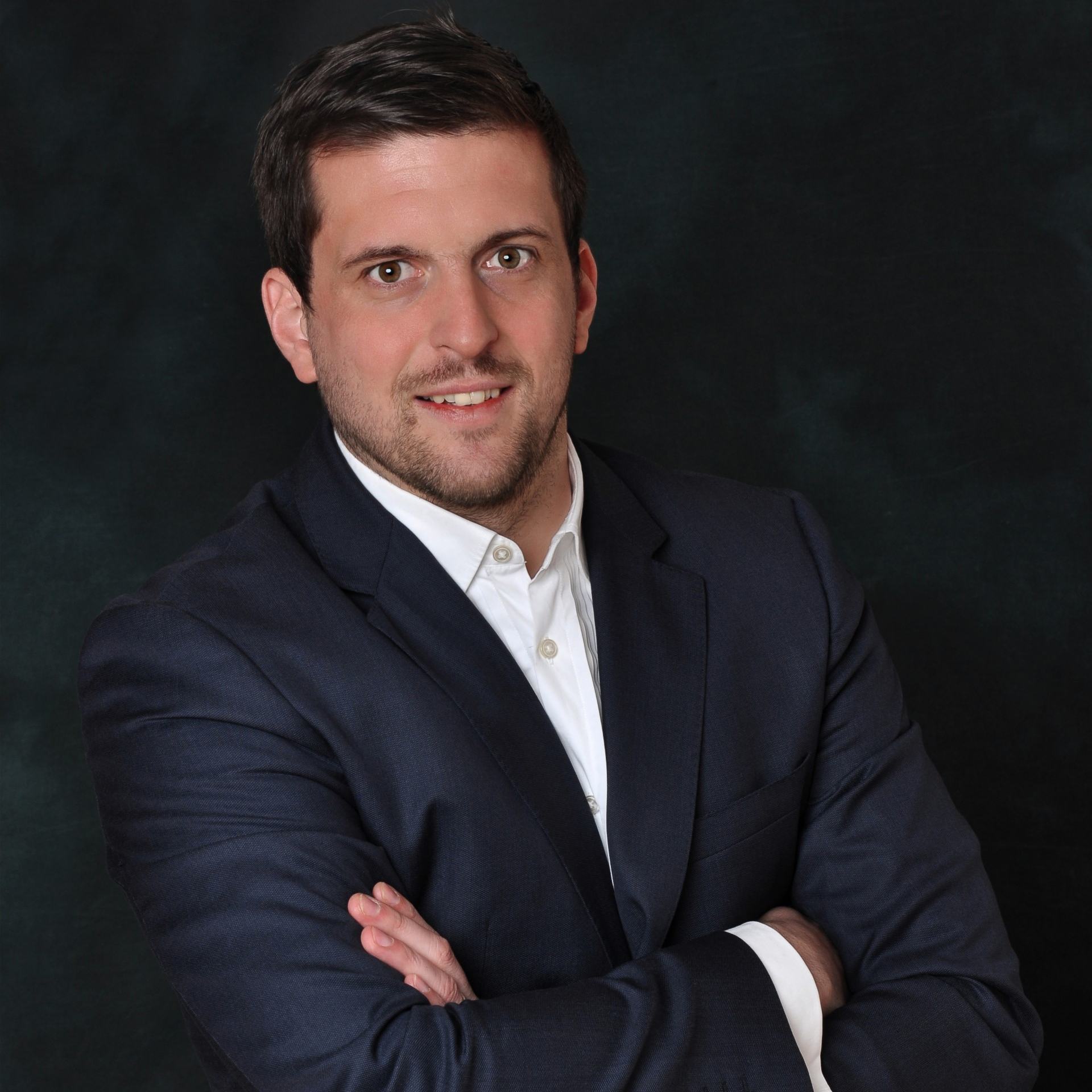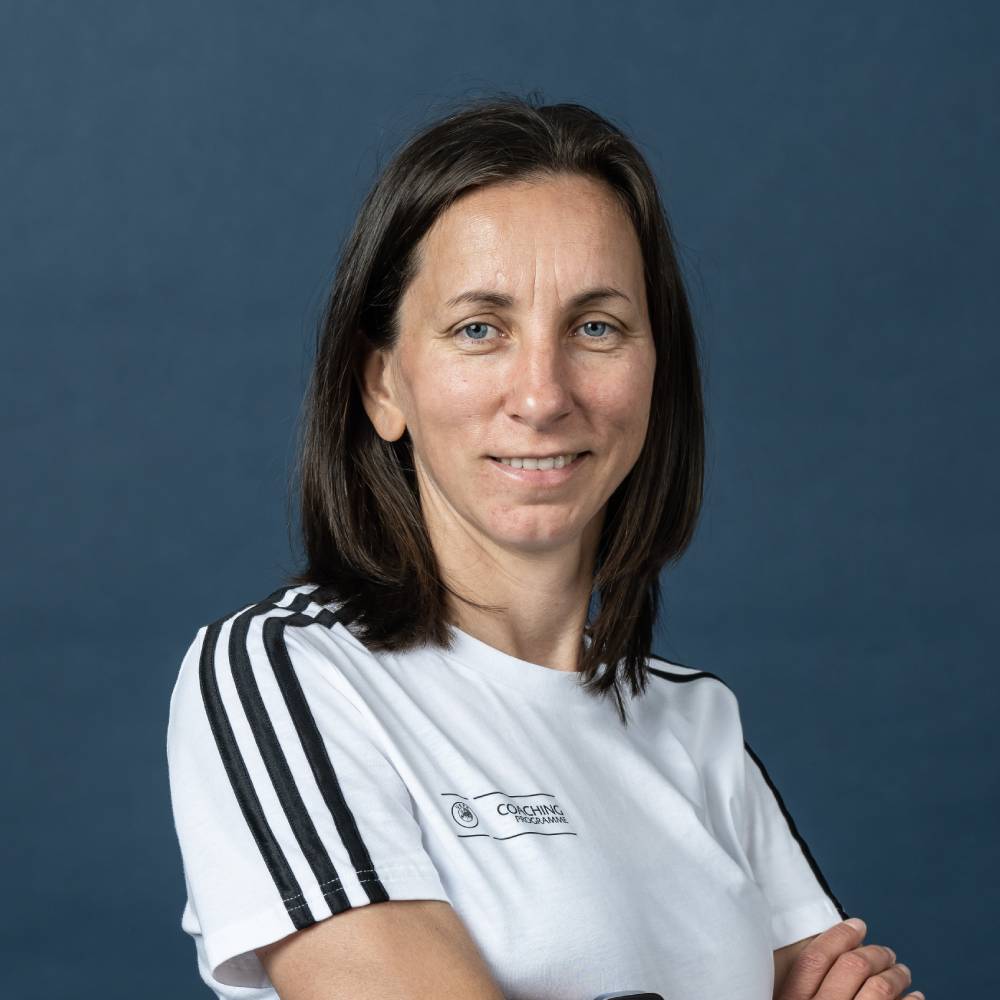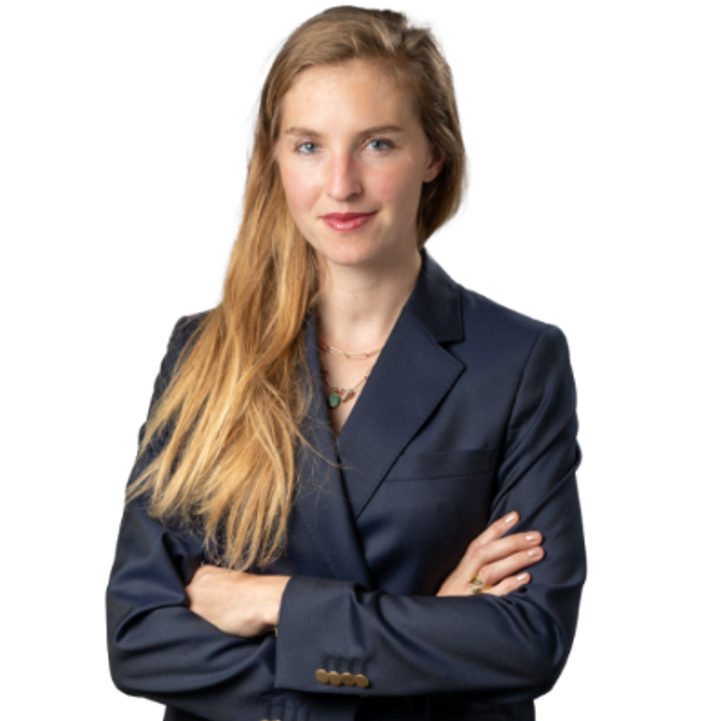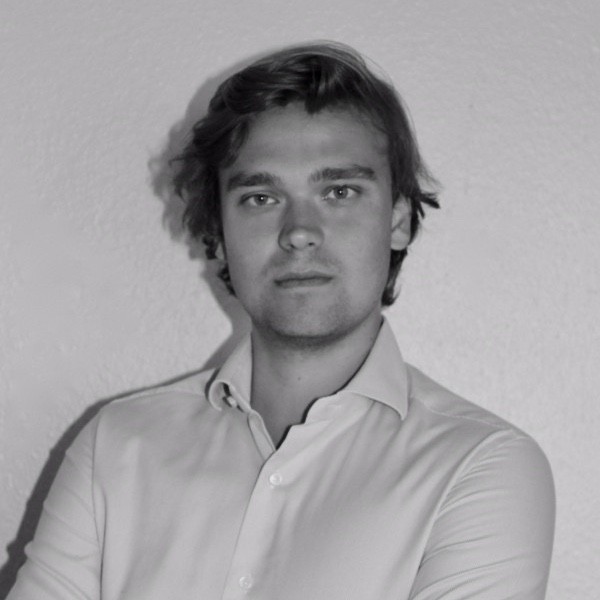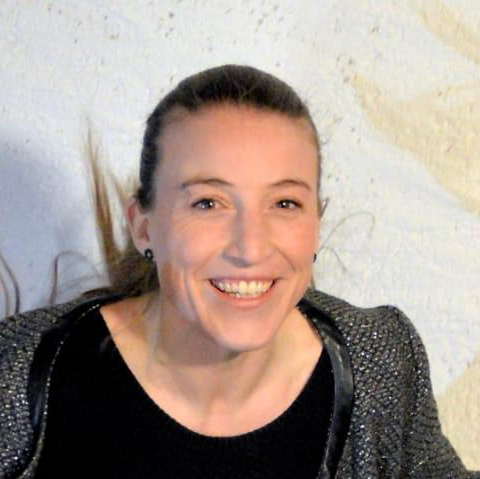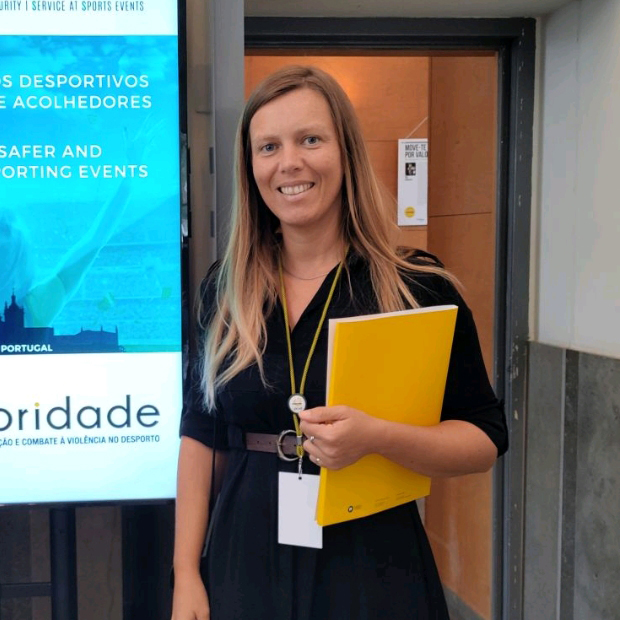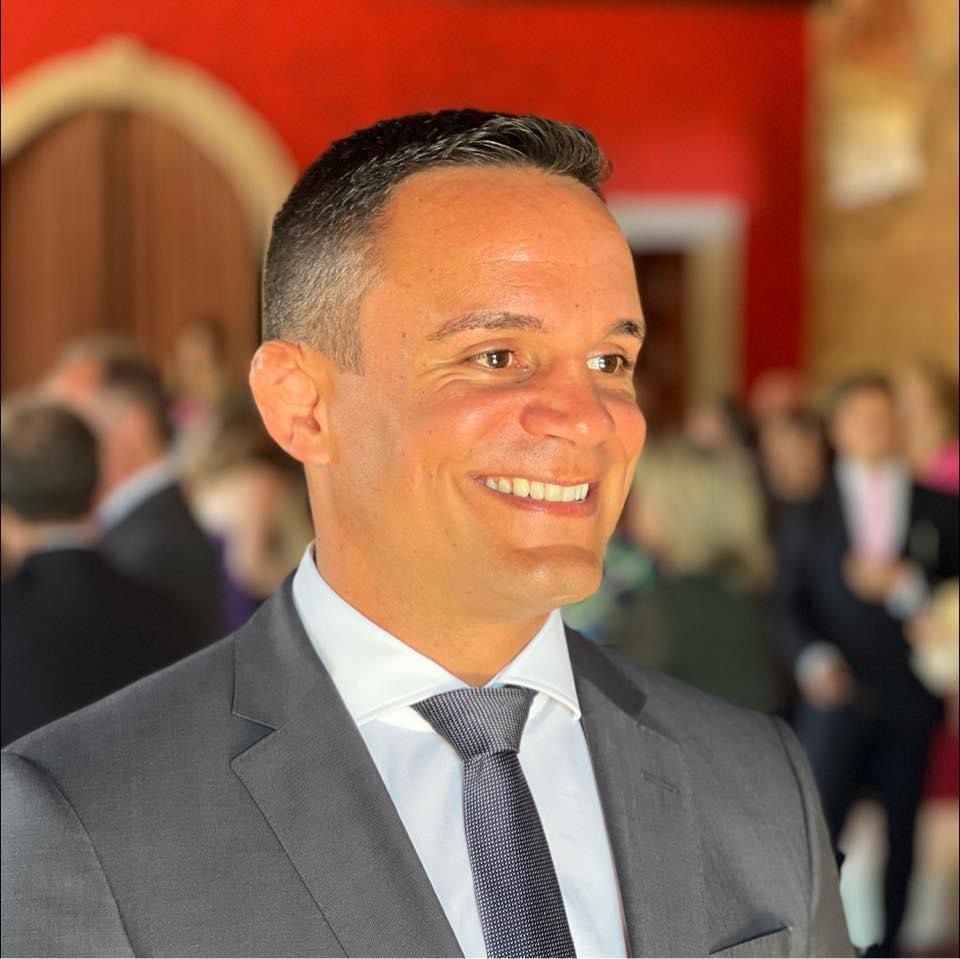FINANCIAL SUPPORT & SOCIAL WELFARE RIGHTS
Financial support, social welfare rights (as well as maternity rights) are mentioned in provisions of both leading institutions and international sports federations. Naturally, each institution addresses these fundamental issues differently, but there is a minimum level of protection for sportswomen on this topic, thanks to the combination of legal and regulatory provisions.
At the international and European levels, the International Labour Organization, the Council of Europe, and the European Union do not directly tackle support to the elite athlete, but all provide equal pay provisions.
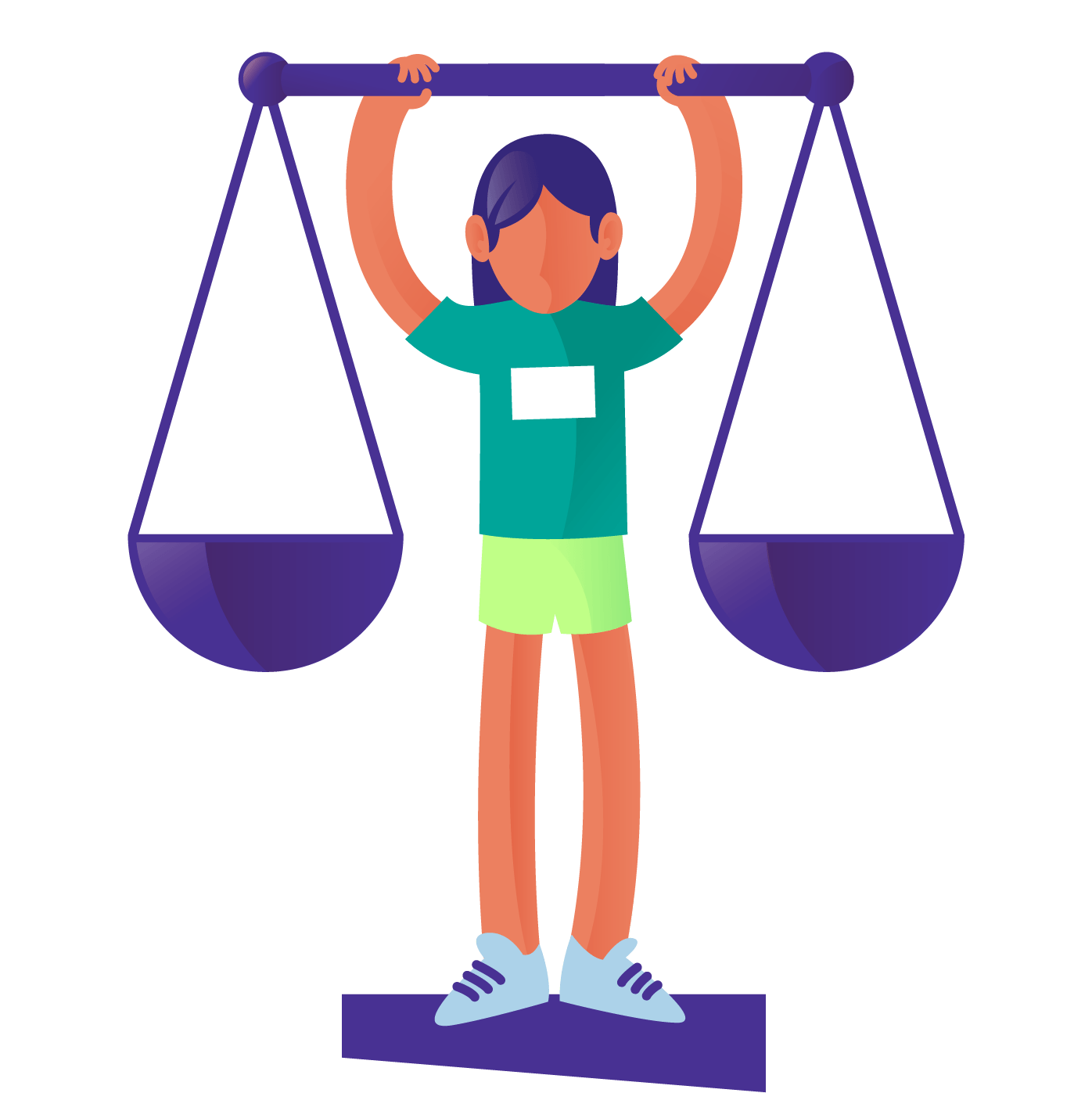
READ MORE
EQUALITY: THROUGH THE NEWS
However, those commitments are not directly applicable in sports for all elite athletes and even more for women elite athletes as many are not employed to practice their activities.
- According to Forbes’s 50 highest-paid athletes in 2022, Lionel Messi is first with a total earning of $130 M In this ranking, there are only two women, and none is a football player. Always Forbes, The current sport economic model relies on sport exposure. In contrast, for men elite athletes, team sport players are paid more than individual sport players. However, it is the opposite for women elite athletes.
- According to L’Equipe, the current sport economic model relies on sport exposure. In contrast, for men elite athletes, team sport players are paid more than individual sport players. However, it is the opposite for women elite athletes.
- According to BBC, the prize money does not come from an employment relationship and does not arise from the work that athletes would be doing in the competitions. Most federations ensure equal prize money for both genders in the competitions they oversee. Always BBC, in football, rugby and basketball, prize money differs in male and female competitions. The prize money is thesame for cycling, apart from one or two primary races.
Prize money is a one-off payment. The income mainly relies on the national context around the athlete and only applies uniformly to some European athletes. Regarding social welfare rights, insurance and social welfare protection seem to rely on the national social law for elite sportswomen.
SPORTS & FEDERATIONS
Some federations’ regulatory texts include specific provisions for female players related to financial support and social welfare rights.
Gender equality in prize money for major championships or events:
- FIFA aims at exploring “the creation of elite women’s football academies at member associations […]and providing financial and operational support in the areas of player infrastructure, development, technical staff education, and implementation of high-performance programmes.
- FIVB, IHF, ITF, WAq and WAt implementing a general system encouraging girls and women acts as a first step towards developing a structured high-level system for women athletes in these disciplines. However, these actions are outside the regulatory framework of the federations and rely on their voluntary commitment.
- UCI’s commitment to guarantee equal prize money in their competitions for both genders by 2023.
DIRECTIVE & RECOMMANDATIONS
- The Equal Remuneration Convention No. 100, adopted in 1951 and entered into force in 1953, is one of the Eight fundamental ILO Conventions protecting labour standards. The Member States are committed to implementing the principle of equal remuneration through domestic law, collective agreement, and other means.
- The European Social Charter, adopted in 1961 and revised in 1966, complements the European Convention on Human Rights. It guarantees economic and social rights, such as social protection, welfare, and employment provisions and promotes equality between men and women.
- The EU Charter of Fundamental Rights, adopted in 2000 and entered into force in 2009, gathers all the fundamental rights protected in the EU. Article 23 promotes equality between men and women regarding of “employment, work and pay”.
NATIONS & GOOD IMPLEMENTATIONS
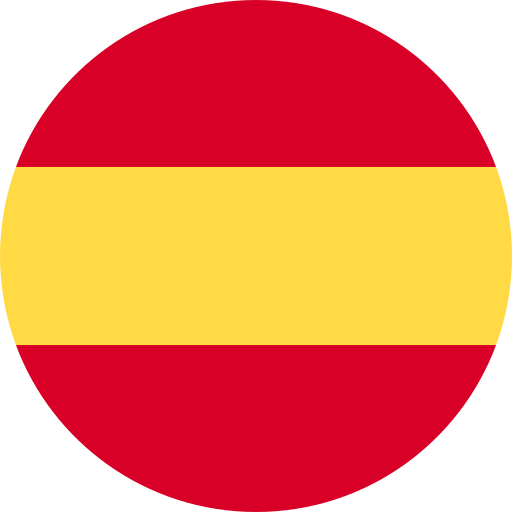

CASE STUDIES
coming soon
Mentors


Xavier Mansat
Expert in good practice done by the international volleyball federation
